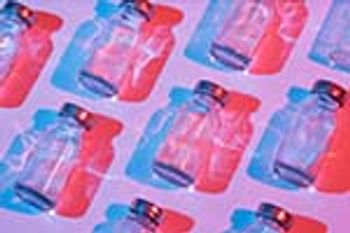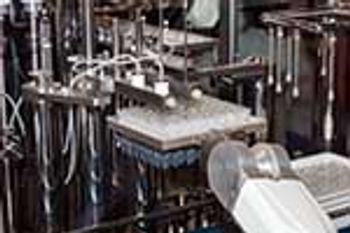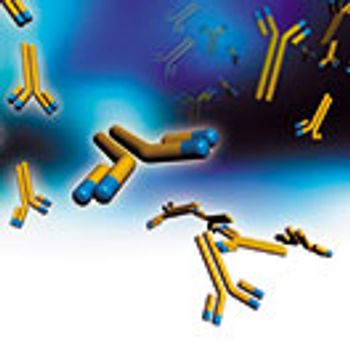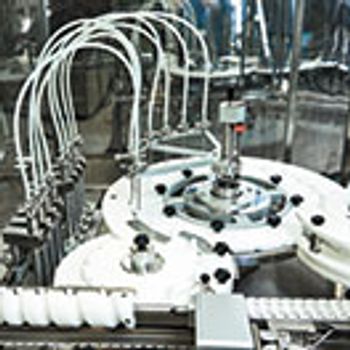
Manufacturers and the US government are investing heavily in traditional and non-traditional forms and materials to ensure supplies of containers and delivery devices for COVID-19 treatments and vaccines.

Manufacturers and the US government are investing heavily in traditional and non-traditional forms and materials to ensure supplies of containers and delivery devices for COVID-19 treatments and vaccines.

Risk aversion is impeding the use of closed aseptic systems, and adding unnecessary cost and complexity to aseptic operations in the pharma industry.

FDA’s EUA provides the first new treatment for COVID-19 patients with severe symptoms.

The industry’s aversion to risk has led to its treating closed aseptic processing systems as miniature cleanrooms, resulting in redundant and expensive practices. This article ponders this impasse, examining new technologies and applications in light of past regulatory guidance and more than 40 years of operating evidence.

If approved, the therapy may become the first-choice treatment for relapsing multiple sclerosis patients and will be the first B-cell therapy that can be self-administered using an autoinjector pen.

The facility will produce parenteral products and delivery devices and is set to create 460 new jobs.

West introduced NovaPure 3-mL Cartridge components and the SmartDose Gen. II 10-mL injector.

Schott and W.L. Gore introduced a prefillable, silicone-free glass syringe system, which won an award at CPhI Worldwide.

The company showcased its compact robotic nest filling machine at CPhI Worldwide 2019 on Nov.–7 in Frankfurt, Germany.

The company introduced its new advanced elastomer, the 4040/40 formulation, and a new line extension of its AccelTRA component program, AccelTRA Select, at CPhI Worldwide from Nov. 5–7 in Frankfurt, Germany.

The companies plan to promote and manufacture Maverick, an emergency-use, cartridge-based auto-injector.

A recent report released by an FDA task force highlights the financial, manufacturing, and policy issues underlying the drug shortages of important prescription medicines in the United States.

US-based SP Industries acquired the sterile filling line assets of Spain-based i-Dositecno.

Gerresheimer enlarged a cleanroom, installed a high-performance furnace, and automated testing and packaging systems for pharmaceutical glass packaging in Essen, Germany.

The company will supply its heparin sodium injection in prefilled syringe form.

The companies will work together to produce enFuse, a patient-administered subcutaneous delivery device.

The Pharma Services business of Thermo Fisher Scientific will invest $150 Million at three facilities.

The expansion adds new capabilities and enhances existing service offerings for both oral and parenteral dosage forms.

AuroMedics Pharma issued a voluntary, nationwide recall of two lots of piperacillin and tazobactam for injection, USP 3.375 g due to the presence of particulates identified as glass and silicone material.

Pfizer will invest nearly half a billion dollars to build a sterile injectable facility in Michigan.

The company has run into a snag in producing Kymriah for the diffuse large B-cell lymphoma patient population, the second indication for which the therapy was recently approved by FDA.

The new resin used a combination of “jetting” technology and a high-performance Protein A ligand.

Biosimilars and biobetters have their own unique manufacturing strategies and challenges.

Single-use technologies have become increasingly prevalent in final fill/finish operations for biologics.

Rentschler Fill Solutions and Ultragenyx announce fill and finish agreement for the US commercial supply of Mepsevii.